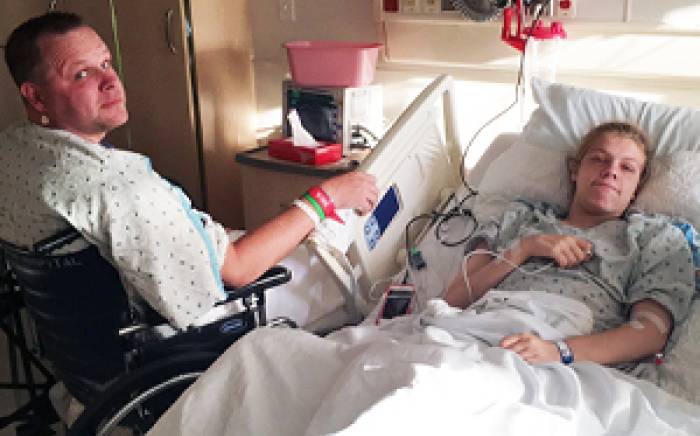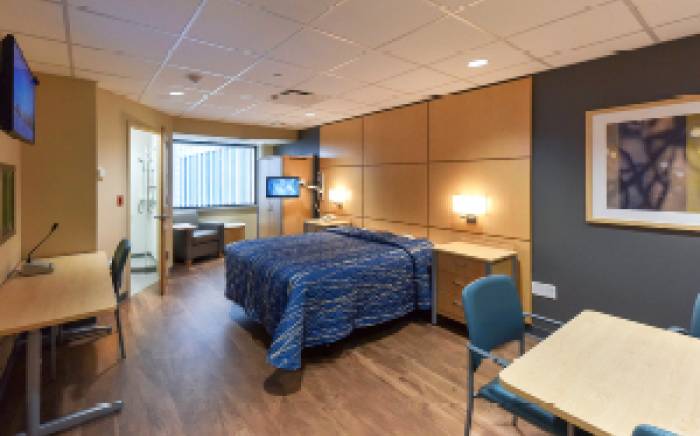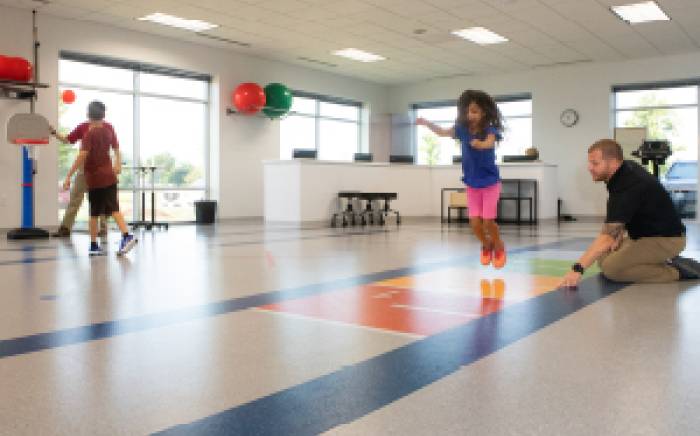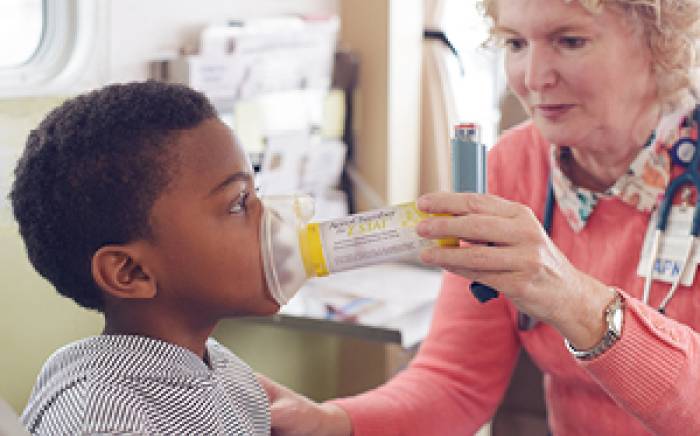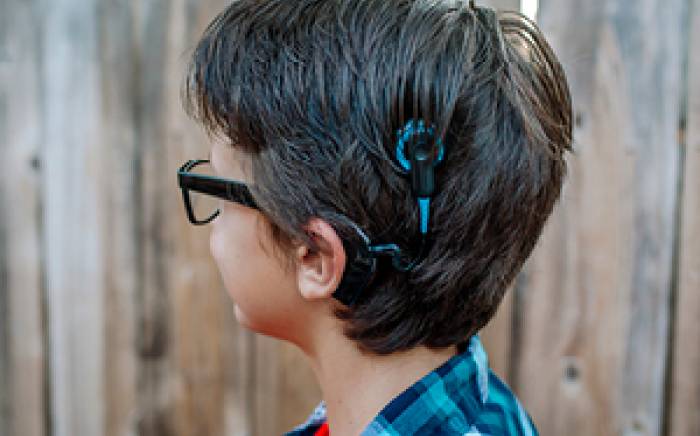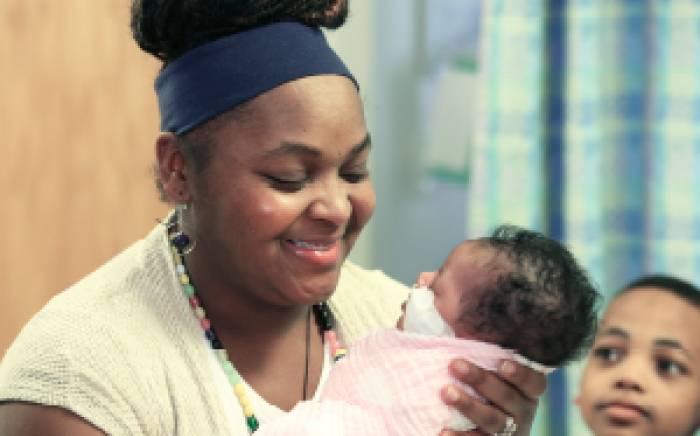Washington University cardiothoracic surgeons and cardiologists at St. Louis Children’s Hospital (SLCH) recently performed a hybrid percutaneous pulmonary valve implantation for Treva Garlick, a 74-year-old woman with adult congenital heart disease (ACHD). Previously, fewer than 15 patients worldwide—all in their 20s and 30s—had undergone this rare surgery.
The surgery was the third in Garlick’s lifetime to correct a heart defect known as Tetralogy of Fallot, which typically features four problems:
- A hole between the lower chambers of the heart
- An obstruction from the heart to the lungs
- The aorta lying over the hole in the lower chambers
- Over-thickening of the muscle surrounding the lower right chamber
“In 1948 when she was 6 years old, Mrs. Garlick underwent a palliative procedure called a Blalock-Taussig shunt in Chicago,” says Orlando Petrucci, MD, surgical director of the ACHD Program at Washington University School of Medicine and St. Louis Children’s Hospital. “In 1984, she underwent a definitive repair at the Mayo Clinic. This consisted of a ventricular septal defect closure and an enlargement of the communication between the right ventricle and pulmonary artery—right ventricle outflow tract enlargement—both using a patch.”
Dr. Petrucci explains that although the right ventricular outflow tract enlargement relieved the obstruction, no valvular mechanism was left in place. Almost 40 years after Garlick’s last surgery, the absence of any valvular mechanism caused right ventricle dilation.“
Over those many years the blood had been leaking back, leading to progressive enlargement of Mrs. Garlick’s right heart and ventricle,” says Pirooz Eghtesady, MD, PhD, section chief, pediatric cardiothoracic surgery, and co-director of the St. Louis Children’s and Washington University Heart Center. “She began developing symptoms of shortness of breath, ascites or fluid retention in her abdomen, and her legs were swelling. Even with increased medical therapy, her symptoms persisted.”
Historically, the approach for many patients with pulmonary valve insufficiency was surgical. However, in 2010 the Food and Drug Administration approved a less-invasive procedure called implantation of Melody valve, a valve introduced percutaneously through the groin vasculature.“
Unfortunately, Mrs. Garlick had a very wide right outflow tract that precluded the insertion of any valvular mechanism via endovascular approach,” says Dr. Petrucci.
Normally that would mean performing an open-heart surgical procedure, but the surgeons had concerns about placing Mrs. Garlick on a heart-lung machine considering her age and the possibility of complications such as kidney failure and brain injury. Instead, the surgeons chose to do the hybrid percutaneous pulmonary valve implantation off bypass.
“We began by opening the chest and imbricating the area that had been patched to make it smaller,” explains Dr. Eghtesady. “This provided our cardiology colleagues, Drs. Balzer and Zajarias, direct access to the heart for implantation of a Sapien valve. Using fluoroscopic guidance, they were able to position it perfectly within her pulmonary artery. It worked beautifully.”
Five days later, Mrs. Garlick was discharged from the hospital. Her symptoms of fluid retention and shortness of breath are gone, and she’s resumed driving the 50 miles to her son’s house twice a week to babysit her grandchildren.
“I’m back to cleaning house, and I’m pretty sure I’ll be mowing the grass this summer,” she says. At her last visit with Dr. Eghtesady, she walked to the clinic unaided, a distance of about a half-mile.
"Tetralogy of Fallot is not uncommon, and about two-thirds of patients who undergo repair as infants develop pulmonary valve incompetency,” says Dr. Eghtesady. “For patients like Mrs. Garlick who are not candidates for a percutaneous procedure, this hybrid approach gives the option of one less-invasive step by avoiding use of the heart-lung machine.”
He adds, “More important than the technological innovation, the success of this case highlights the importance and power of multidisciplinary work, which epitomizes our ACHD program.
Very few places can bring together pediatric and adult specialists with different backgrounds and have them work closely together like this.”
To speak with a member of the St. Louis Children’s and Washington University Heart Center, call Children’s Direct at 800.678.HELP (4357).





